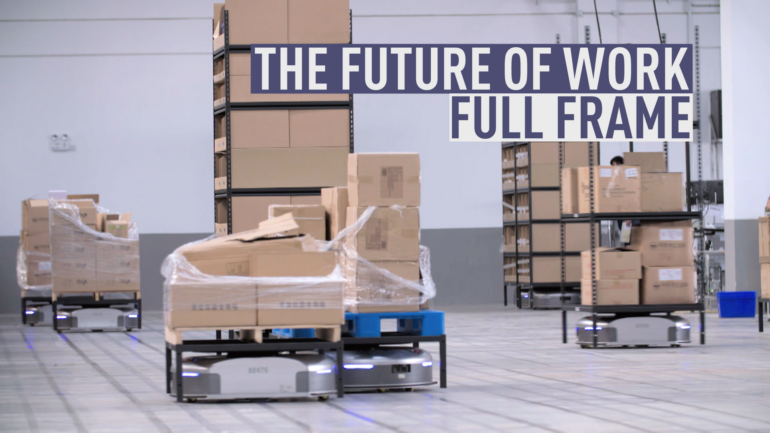COVID-19 saw changes in the way society did nearly everything. From how people ordered their food, boarded their flights, or even how they completed their daily work task. The pandemic saw a 22% rise in granted patents globally, and with Ai is infiltrating nearly every facet of the imaginable workforce, more changes are certainly on the horizon…
One of the biggest changes to emerge from the pandemic was the surge seen in the “gig economy”. Since the pandemic, there are an estimated 55 million gig workers in the United States alone, with numbers reaching over a billion worldwide. We spoke with Craig Lewis, the CEO and Founder of Gig Wage, a freelancer payroll solution company, to learn more about the emergence of the gig economy and the lasting impacts of the pandemic.
A Senior Fellow at the Brookings Institute Center Tech Innovation, Darrell West, has been studying the relationship between robots, Ai and the public policy since the controversial dawn of the technology. According to Darrell, public policy could determine the difference between a successful Ai utopia, or the feared jobless hellscape.
From self-driving cars to warehouse lifting equipment, Ai has been a controversial addition to dozens of work fields the world over. Conventionally, many assumed the arts would be spared, and that Ai would only target manually repetitive tasks. That has changed. Now, Ai, is the latest, and most thought-provoking addition to museums, and galleries the world over. But is it theft? Or is it art?
 CGTN America
CGTN America
